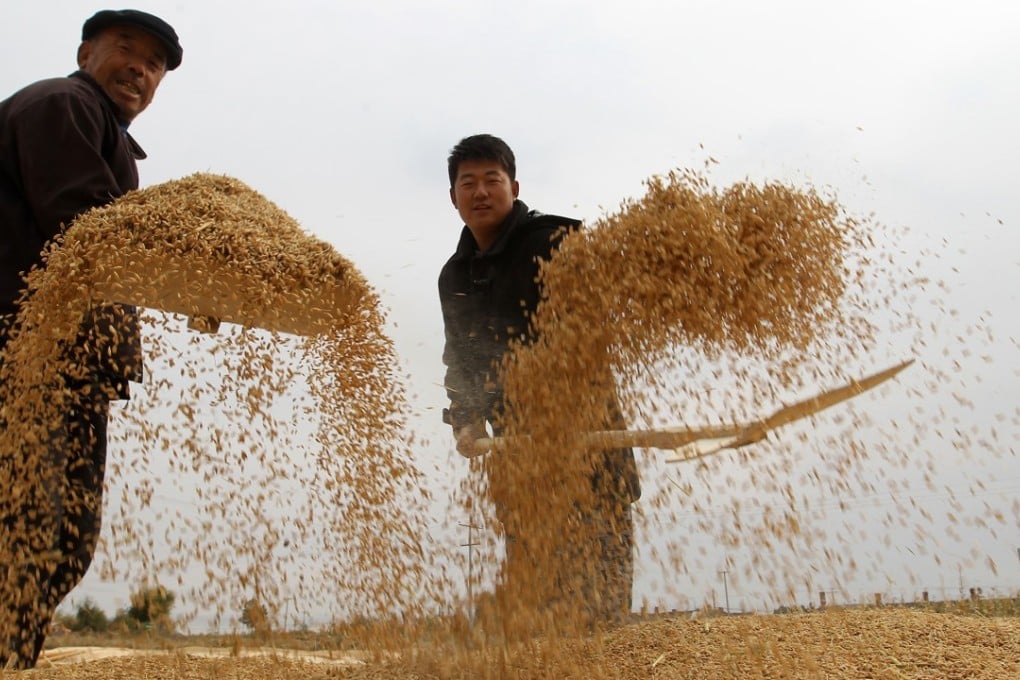China tries to improve running of strategic food and energy reserves
Move to set up a central grain administration is a bid to cut bureaucracy and overlaps in management of stockpiles

China will upgrade its management of strategic reserves such as food and energy, the latest step in efforts to boost national security beyond military weapons and training.
A new State Grain Reserves Administration will be set up under the nation’s top economic planner as part of a government restructuring plan that is expected to be approved by the National People’s Congress on Saturday.
The agency will be responsible for “stocking, rotation and management of the nation’s strategic and emergency aid materials including grain, cotton and sugar”, according to the proposal.
At the moment, this is overseen by the commerce, civil affairs and energy ministries, the energy and grain administrations, as well as state-owned enterprises. The proposal said the reserve responsibilities of these bodies would now fall to the new agency, without elaborating.
Creating a central body under the National Development and Reform Commission is a bid to cut bureaucracy and overlaps in the face of challenges ranging from volatile commodity prices to natural disasters and, in a conflict situation, the risk of trade routes being blocked.